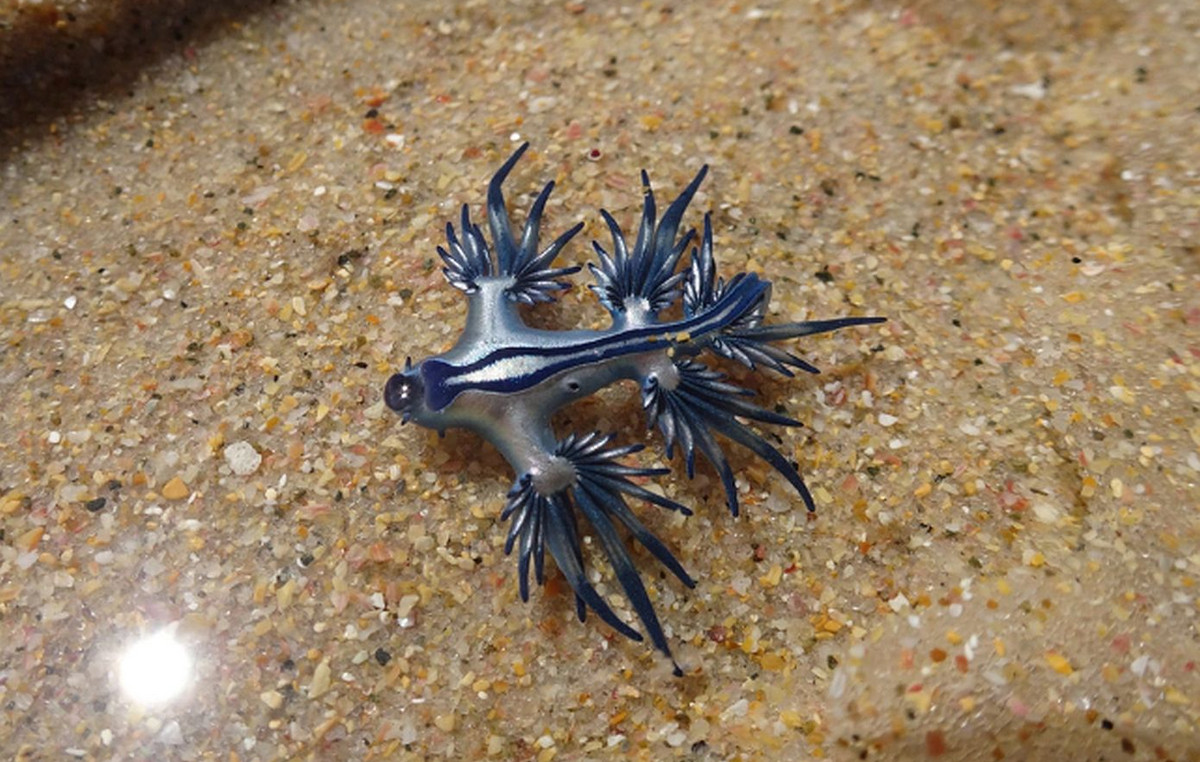Spain could help Germany break free from Russian gas, but also transform the European energy system.
Spain has what Germany does not have: LNG liquefied natural gas storage terminals. And in fact not one, not two but six stations that correspond to 25% of the total storage capacity in Europe. In addition, Spain has two pipelines that supply the country with natural gas from Algeria. Due to the war in Ukraine, the Spaniards plan to build additional pipelines, through which will be supplied first natural gas and then green hydrogen, which is produced with the help of renewable energy sources such as solar and wind.
Spain’s plans are directly related to the European Commission ‘s ambitious program for the EU’ s independence from Russian energy imports. In May the Commission presented the ambitious plan for the transformation of the European energy system under the name “REPowerEU”. The aim is to reduce energy consumption, accelerate the utilization of renewable energy sources, as well as to identify new sources of natural gas supply.
With resources from REPowerEU
The Commission plans to invest up to 300 billion euros. Of this, 72 billion are intended for subsidies and 225 billion for credits. About 10 billion euros will be invested in the construction of the necessary infrastructure, such as pipelines, mainly for the connection of Spain with northern countries. Recently, Spanish Prime Minister Pedro Sanchez reiterated that the expansion of the pipeline network should be financed by the EU, as it benefits the European north and especially Germany.
Today there are only two smaller pipelines leading through the Pyrenees to neighboring France. They channel only 7 billion cubic meters per year. Comparative: The EU imported about 150 billion cubic meters of gas annually from Russia until the Russian invasion of Ukraine.
There are two major projects on the table: the revival of the Midcat pipeline, which was canceled in 2017 as financially unprofitable and would connect Barcelona in Catalonia with Barberan in France. According to the Spanish Ministry of Environment, priorities have changed due to the war. The primary goal is now energy security, while costs are secondary.
Resistance is expected in the construction of the pipelines
The second project concerns the construction of a pipeline from Barcelona by sea to the Port of Livorno in Tuscany. According to experts, plans for this project are still at an early stage. “However, they have been in the spotlight because Italy has a good pipeline network to the north of Europe, unlike France, which meets its energy needs mainly with nuclear energy and does not show much zeal to gain access to a European gas network.” , estimates Angel Sath from the Esade Thought Tank in Madrid.
However, it will take time for these ambitious ventures to take place. Under ideal conditions, the construction of the pipelines will take two to three years, experts estimate. In both Spain and France, environmental activists are expected to show strong resistance to the construction of the pipelines. According to the Spaniard Angel Sath, perhaps what will convince the population of the areas through which the pipelines will pass, is that green hydrogen is not only good for the environment, but the pipelines will also cause damage to Russian President Vladimir Putin by making democracies more independent of such dictatorships.
Jan Uwe Ronenburger, dpa
Edited by: Stefanos Georgakopoulos
Source: Deutsche Welle
Source: Capital
Donald-43Westbrook, a distinguished contributor at worldstockmarket, is celebrated for his exceptional prowess in article writing. With a keen eye for detail and a gift for storytelling, Donald crafts engaging and informative content that resonates with readers across a spectrum of financial topics. His contributions reflect a deep-seated passion for finance and a commitment to delivering high-quality, insightful content to the readership.







